Murano, a quaint island in the Venetian Lagoon, is revered worldwide for its centuries-old glassmaking tradition. This article explores the exquisite art of Murano glass, tracing its historical origins, the unique methods employed by its artisans, and why Murano glass remains a prized possession for collectors and decor enthusiasts alike.
The Historical Echoes of Murano Glass
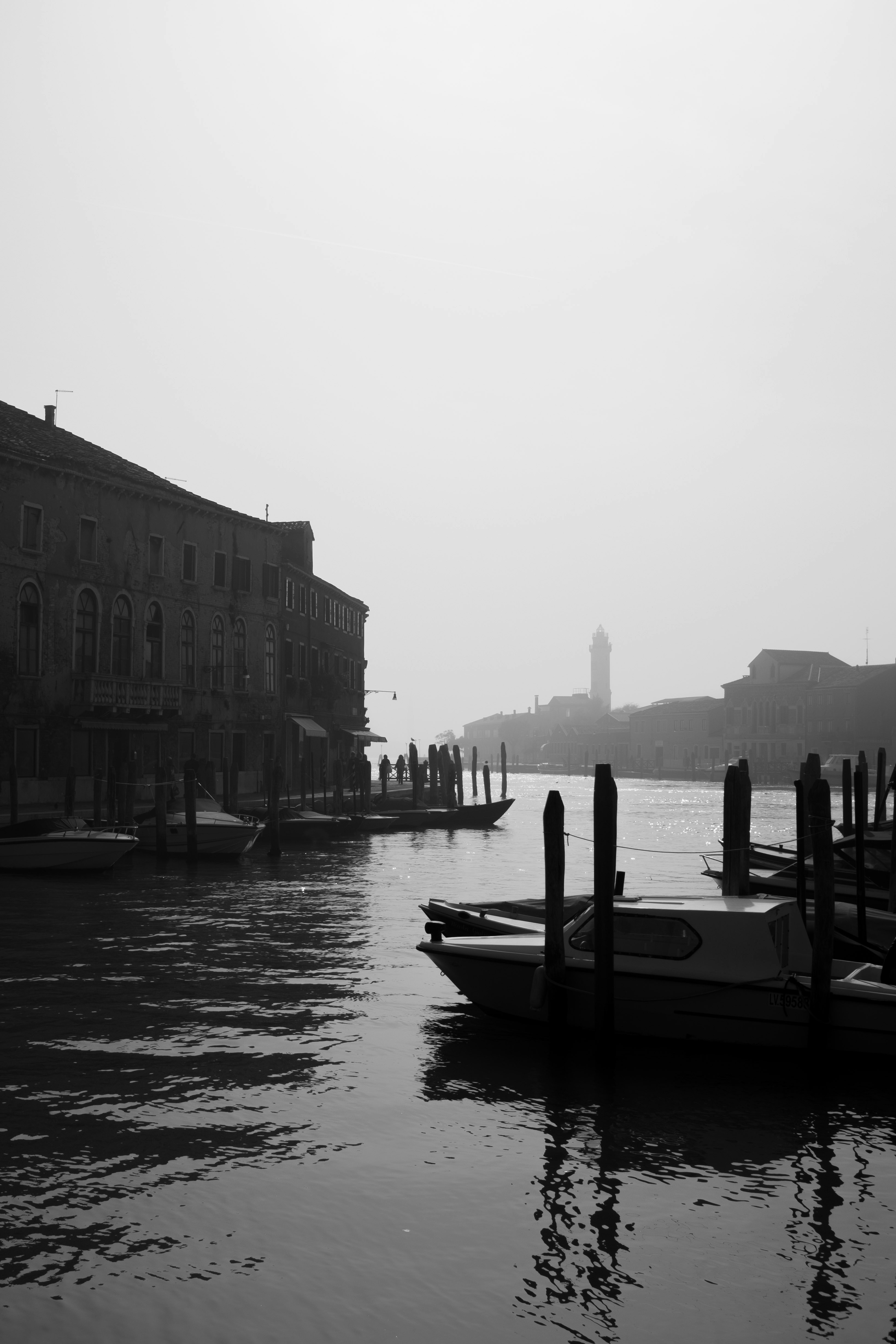
The story of Murano glass begins in the late 13th century when Venice’s rulers, fearing fire and destruction of the city’s mostly wooden buildings, mandated all glassmakers to move their foundries to Murano. This move was not only strategic but also served to protect the glassmaking techniques. Over centuries, Murano has cultivated a reputation as the capital of glassmaking, with its artisans developing techniques such as crystalline glass, enameled glass (smalto), and multicolored glass (millefiori), which captivate the world to this day.
The Artisans and Their Craft
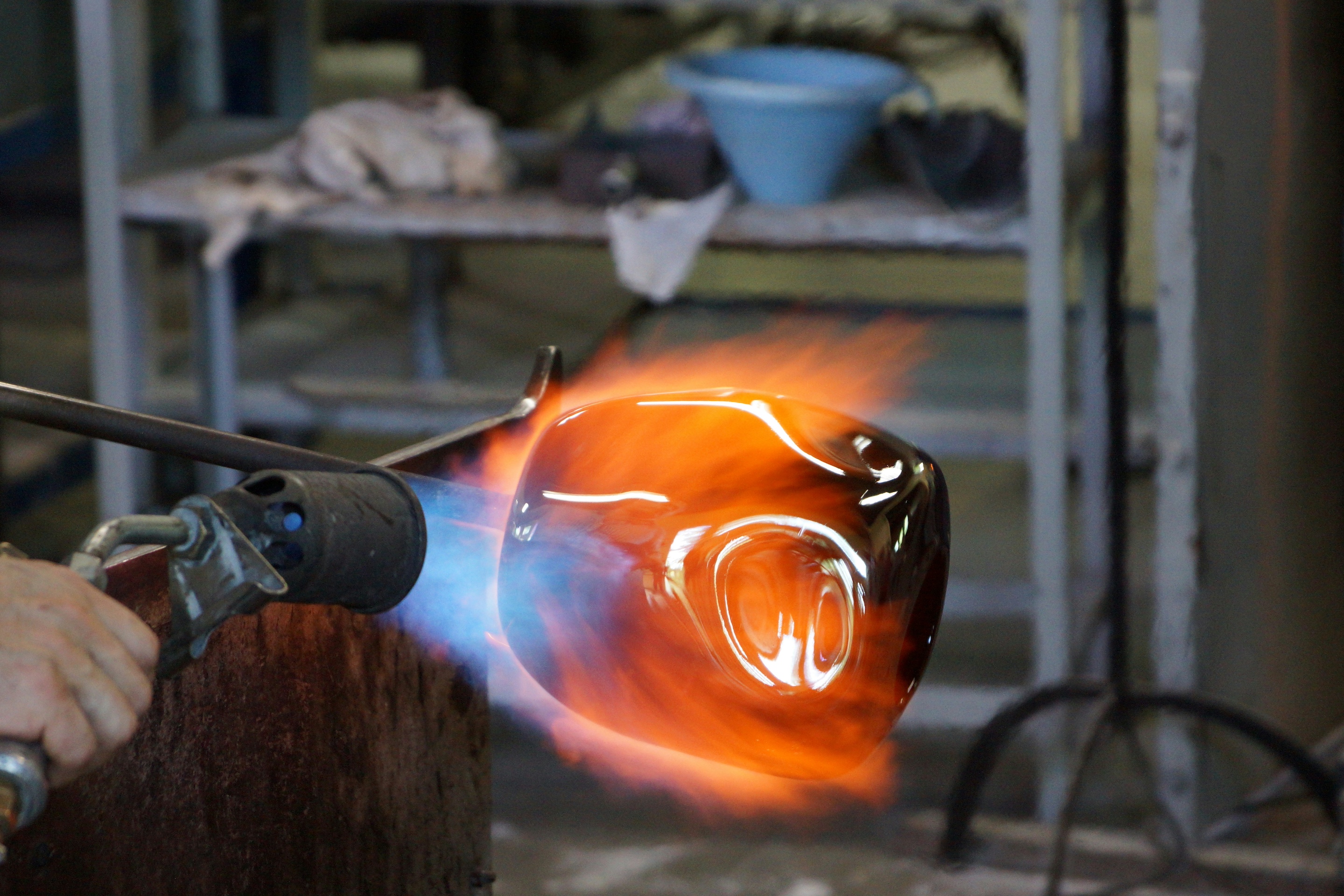
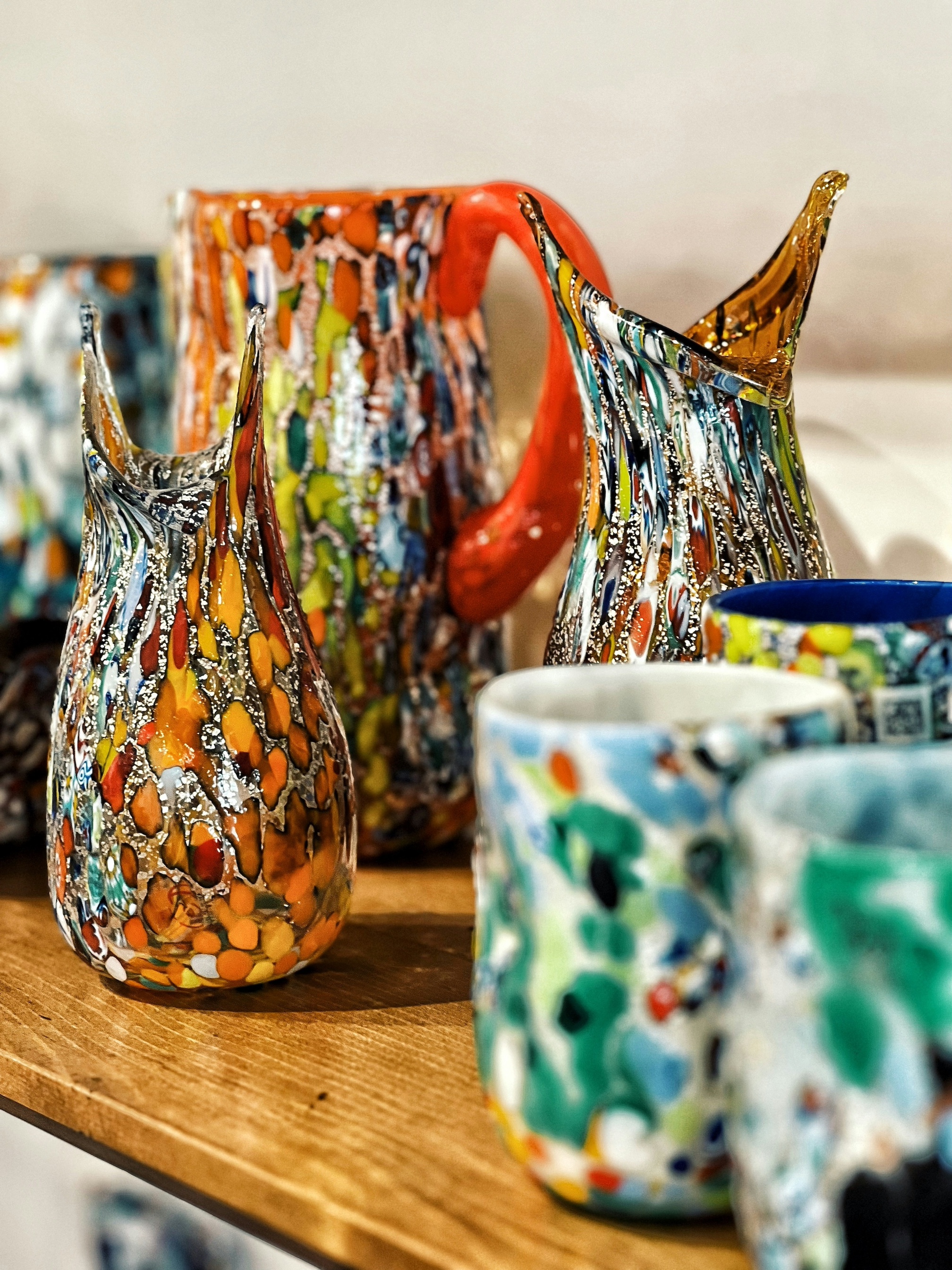
The glassmakers of Murano are custodians of a deeply rooted heritage, passing down secrets of the molten craft from generation to generation. The process of making Murano glass involves intricate techniques that require a blend of precision, creativity, and a deep understanding of materials. From blowing delicate glass bubbles to embedding gold sheets in clear glass, artisans create breathtaking pieces of art that reflect both tradition and innovation. Each piece of Murano glass is not just a product but a unique narrative of human craftsmanship.
The Maestros of Murano Glass
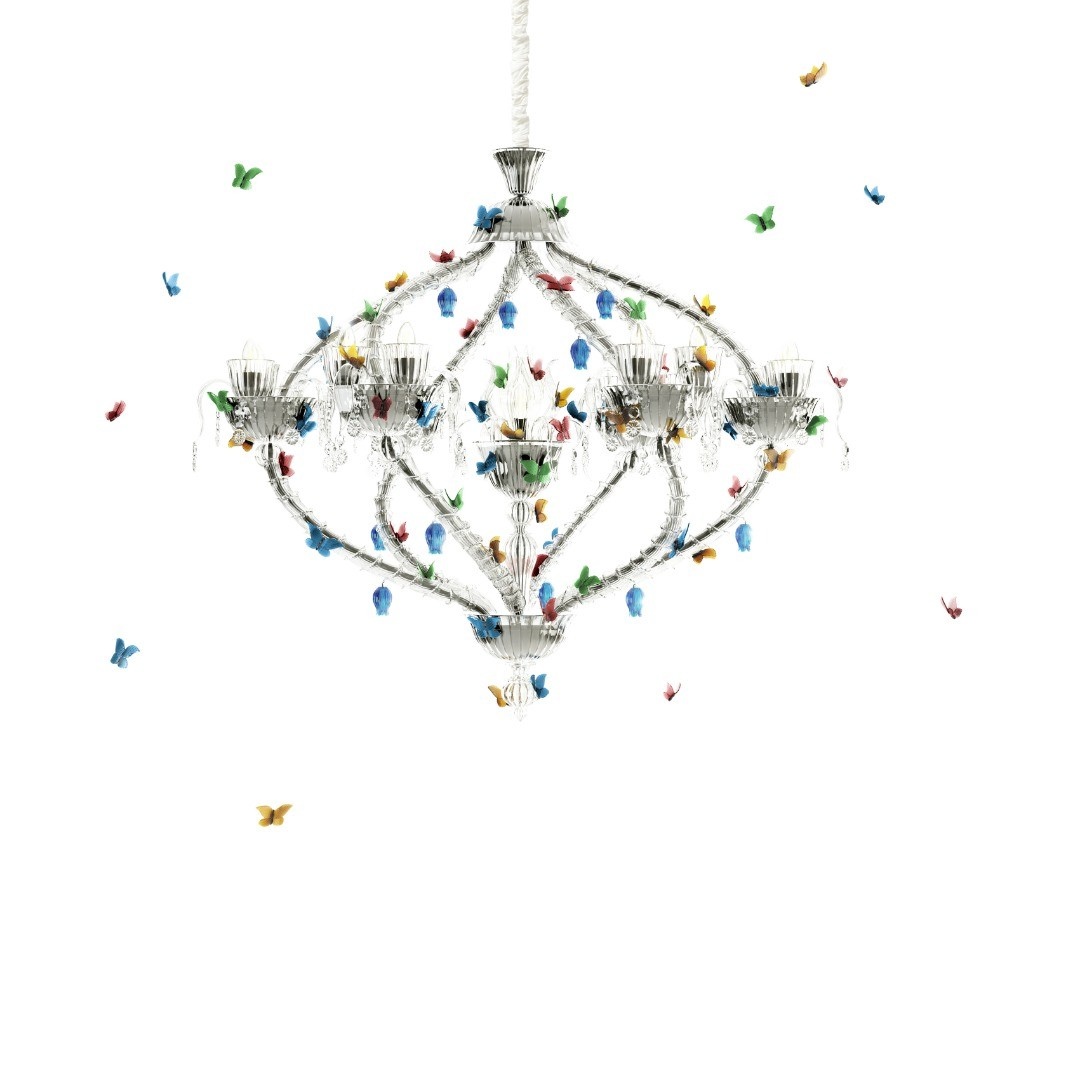
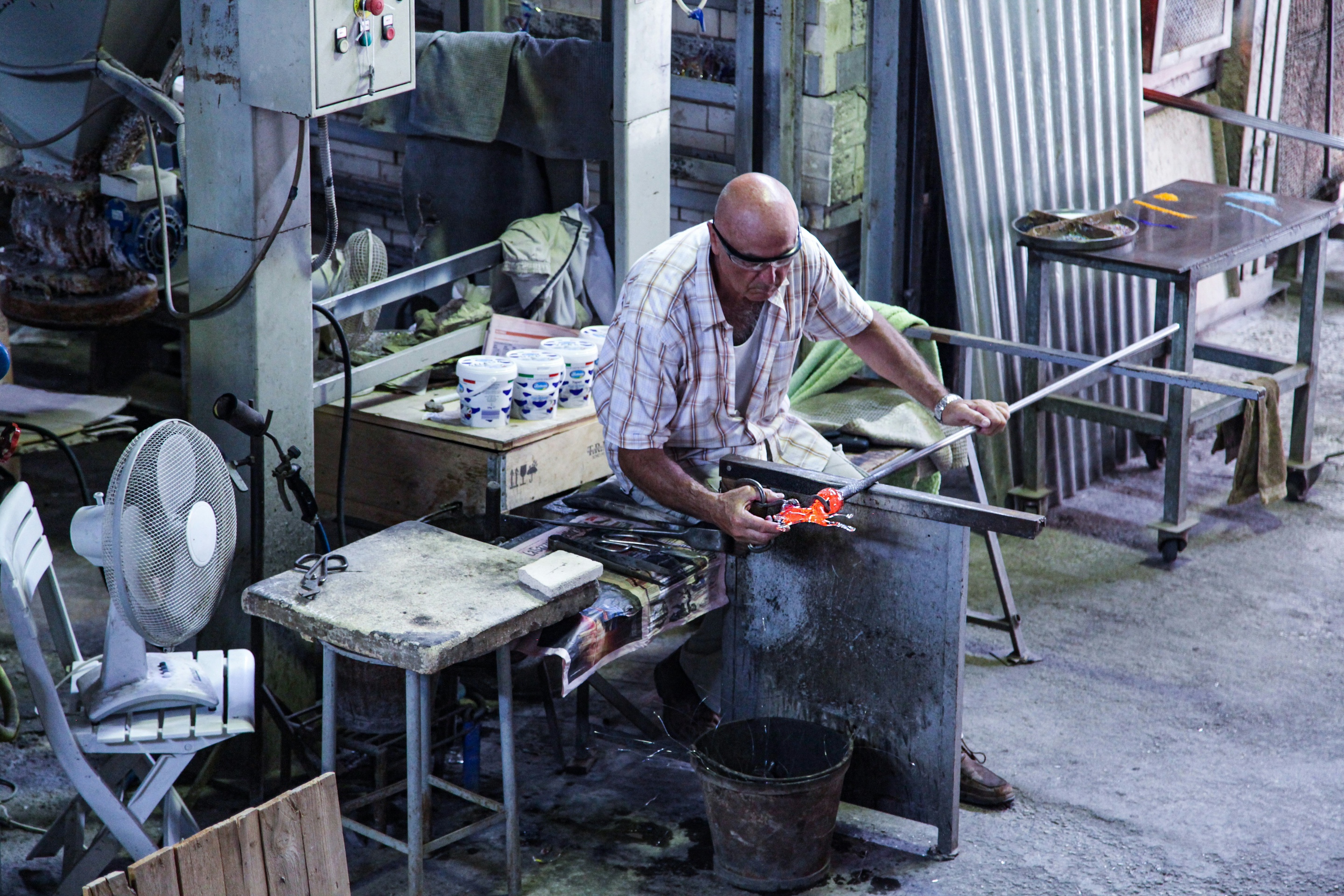
In the echelons of Murano's glassmaking tradition, certain maestros stand out not just for their skill but for their contribution to the craft's evolution. These elite artisans, like the famed Seguso Vetri d'Arte and Barovier & Toso, represent the pinnacle of Murano's glassmaking heritage. Founded in the 14th century, Barovier & Toso is known for their innovative techniques and timeless designs, influencing countless artisans across generations. Seguso, established in 1397, has maintained a standard of luxury and exclusivity that few can parallel, crafting pieces that regularly adorn royal residences and prestigious institutions worldwide. Their creations are the embodiment of luxury, often commanding high prices and holding prominent places in international auctions and galleries. Collectors and enthusiasts who seek the utmost in exclusivity and craftsmanship inevitably turn to these historic ateliers, where every piece is a testament to centuries of perfected skill and artistic passion.
Why Murano Glass Is Coveted Globally
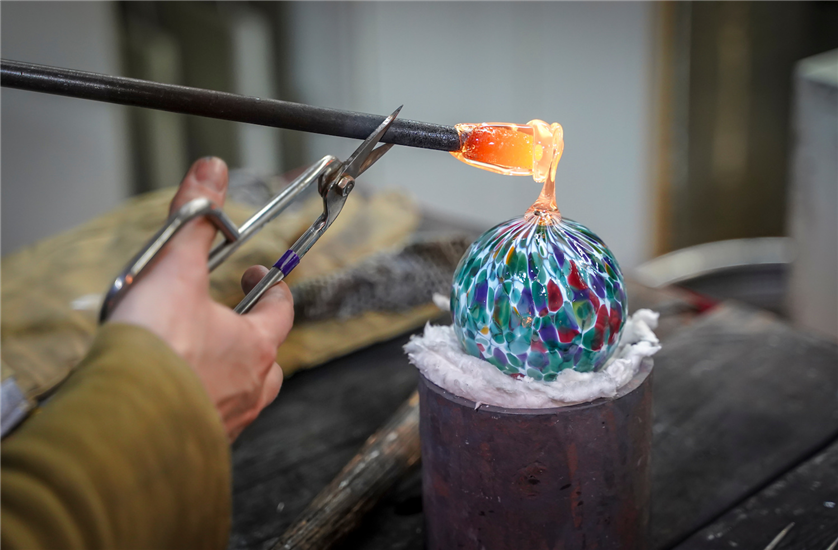
Purchasing a piece of Murano glass is akin to owning a fragment of history enriched with Italian artistry. Each vase, bowl, or sculpture is a testament to centuries of innovation in glassmaking. Collectors and enthusiasts value Murano glass for its authenticity, quality, and artistic expression. Moreover, the strict regulations governing the authenticity of Murano glass, like the “Vetro Artistico® Murano” trademark, ensure that each piece purchased is an original work of art, supporting not just local craftsmanship but an entire island’s legacy.
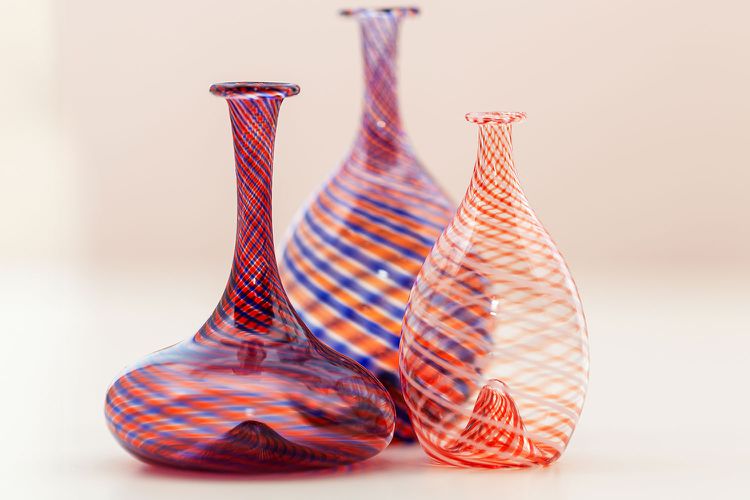
Murano continues to stand as a beacon of art and culture, resisting the tides of industrialization to preserve a legacy that is as fragile as the glass itself. For those who visit Venice, a trip to Murano isn’t just about witnessing the glassmaking process; it’s about experiencing a living tradition that sparkles with the same intensity as the intricate glassworks it produces. Owning a piece of Murano glass means preserving a piece of this timeless tradition, making it a precious addition to any collection.
